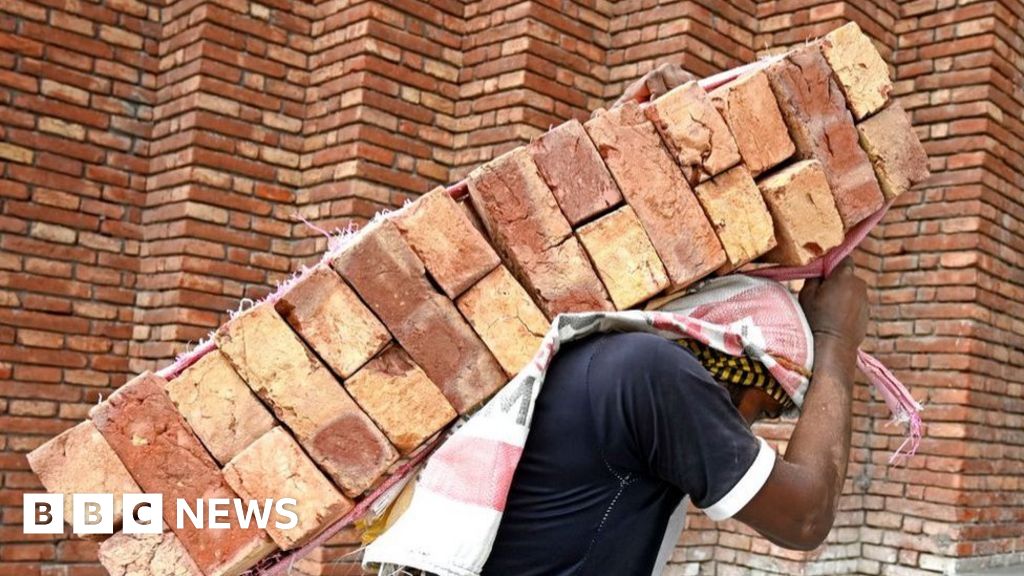World Economy Faces Weakest Growth Since 1990 - IMF

Kristalina Georgieva
The global economy is set to grow at roughly 3% over the next five years - the slowest pace since 1990, the head of the International Monetary Fund has said.
Kristalina Georgieva said the path ahead was "rough and foggy" - and warned that cooperation to address the problems was becoming more difficult.
She spoke in Washington ahead of the IMF's annual meeting.
In her remarks, she called for more help for low-income countries.
"For the weakest members of our global family, additional support from wealthier countries is essential," she said, calling for countries to boost funds for the IMF, which makes low-cost loans to countries in need.
The organisation is bracing for a wave of requests for help or debt restructuring, as the shocks from Covid-19 crisis, the war in Ukraine and soaring cost of living continue to reverberate.
Last year, global growth dropped almost in half to 3.4%, following a post-pandemic surge in 2021.
That was below the 3.8% average growth of the last two decades. The slowdown has continued this year, despite strong job markets in countries such as the US.
The IMF said it expected growth to dip below 3% in 2023, with India and China accounting for more than half of the growth.
Roughly 90% of advanced economies are expected to see growth decline, reflecting the weight of higher borrowing costs, after central banks raised interest rates sharply to stabilise soaring prices.
For low-income countries, higher borrowing costs come at a time of weakening demand for their exports.
"That is a severe blow, making it even harder for low-income nations to catch up," Ms Georgieva said.
"Poverty and hunger could further increase, a dangerous trend that was started by the Covid crisis," she added.
While calling for support for vulnerable nations, Ms Georgieva said authorities should continue to raise interest rates to fight inflation - "so long as financial pressures remain limited".
"If that were to change, policymakers would face an even more complicated task, with difficult trade-offs between their inflation and financial stability objectives, and the use of their respective tools," she said.
From Chip War To Cloud War: The Next Frontier In Global Tech Competition
The global chip war, characterized by intense competition among nations and corporations for supremacy in semiconductor ... Read more
The High Stakes Of Tech Regulation: Security Risks And Market Dynamics
The influence of tech giants in the global economy continues to grow, raising crucial questions about how to balance sec... Read more
The Tyranny Of Instagram Interiors: Why It's Time To Break Free From Algorithm-Driven Aesthetics
Instagram has become a dominant force in shaping interior design trends, offering a seemingly endless stream of inspirat... Read more
The Data Crunch In AI: Strategies For Sustainability
Exploring solutions to the imminent exhaustion of internet data for AI training.As the artificial intelligence (AI) indu... Read more
Google Abandons Four-Year Effort To Remove Cookies From Chrome Browser
After four years of dedicated effort, Google has decided to abandon its plan to remove third-party cookies from its Chro... Read more
LinkedIn Embraces AI And Gamification To Drive User Engagement And Revenue
In an effort to tackle slowing revenue growth and enhance user engagement, LinkedIn is turning to artificial intelligenc... Read more

